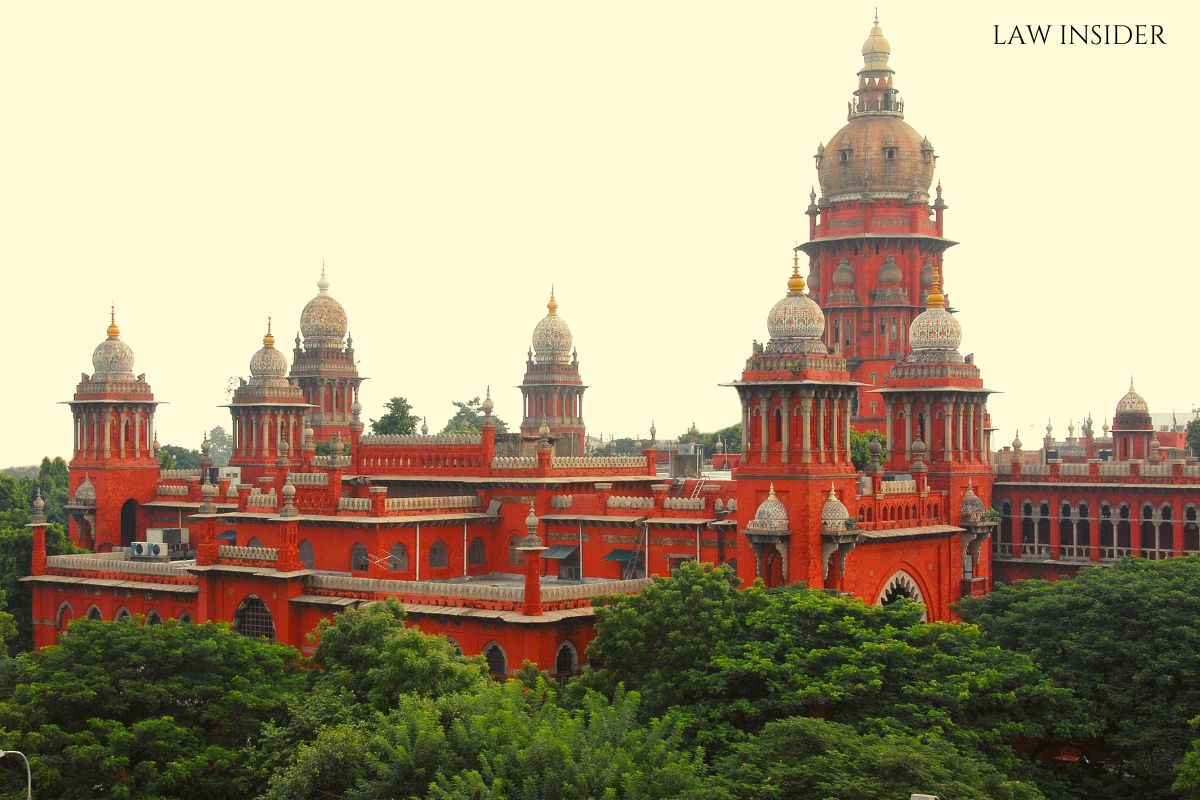LI Network
Published on: October 18, 2023 at 10:06 IST
The Madras High Court has provided a clarification regarding the invocation of Section 92 of the Code of Civil Procedure (CPC). It’s important to note that Section 92 CPC is not restricted only to cases involving a breach of trust; it can also be invoked when a direction from the court is deemed necessary for the administration of a Trust.
The Madras High Court highlighted that Section 92 of the CPC allows Trustees to approach the court in situations where a court direction is necessary for the effective administration of the Trust. This means that Section 92 covers matters that are not necessarily contentious and don’t require an allegation of a breach of trust.
The High Court disagreed with a previous opinion that Section 92 CPC could only be invoked in cases involving alleged breaches of trust. They emphasized that the provision uses the word ‘or’ rather than ‘and,’ indicating that it can be invoked when there is a breach of trust or when a court direction is deemed necessary.
In the case in question, the Petitioners, who were Public Charitable Trusts, sought permission to sell Trust properties. However, they faced restrictions in doing so. The matter was initially filed under Section 34 of the Indian Trust Act, 1882, with the contention that such petitions could only be maintained under Section 34 of the Indian Trusts Act along with Section 7 of the Charitable and Religious Trusts Act, 1920.
The High Court, after considering the submissions, reiterated that invoking Section 92 in matters related to Public Charitable Trusts is permissible. They pointed out that Section 7 of the Charitable and Religious Trusts Act, 1920 empowers Trustees to seek the court’s opinion, advice, or direction on questions affecting the management or administration of the Trust property.
The Court also mentioned that Section 34 is intended for handling questions that can proceed through summary proceedings and not for questions of detail, difficulty, or importance. They emphasized that interpreting Section 92 narrowly would contradict established legal positions.
The High Court concluded by stating that the practice of entertaining applications or suits under Section 92 with a prayer for the sale of property has been in place for a considerable time. Any deviation from this practice may not be in the institution’s best interest. As a result, the High Court disposed of the case while directing the Registry to re-file all applications under Section 92 of the Code of Civil Procedure.
This clarification from the Madras High Court provides important guidance on the application of Section 92 CPC in cases related to Public Charitable Trusts, emphasizing that it is not limited to breaches of trust and can also be used when a court direction is deemed necessary for administration.

